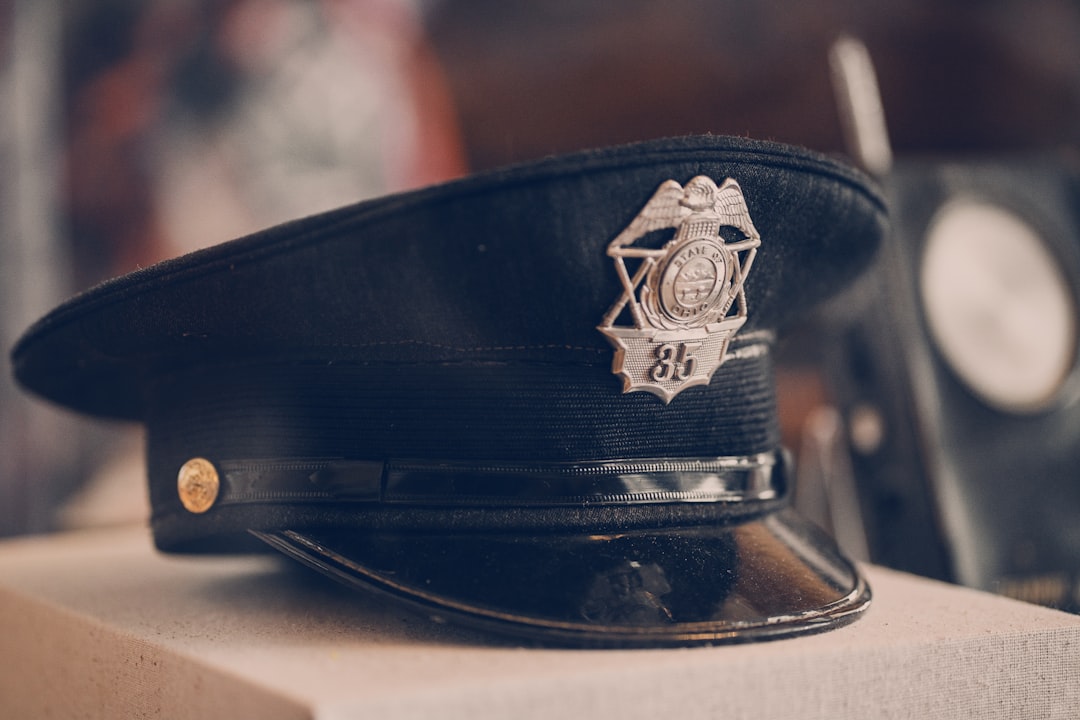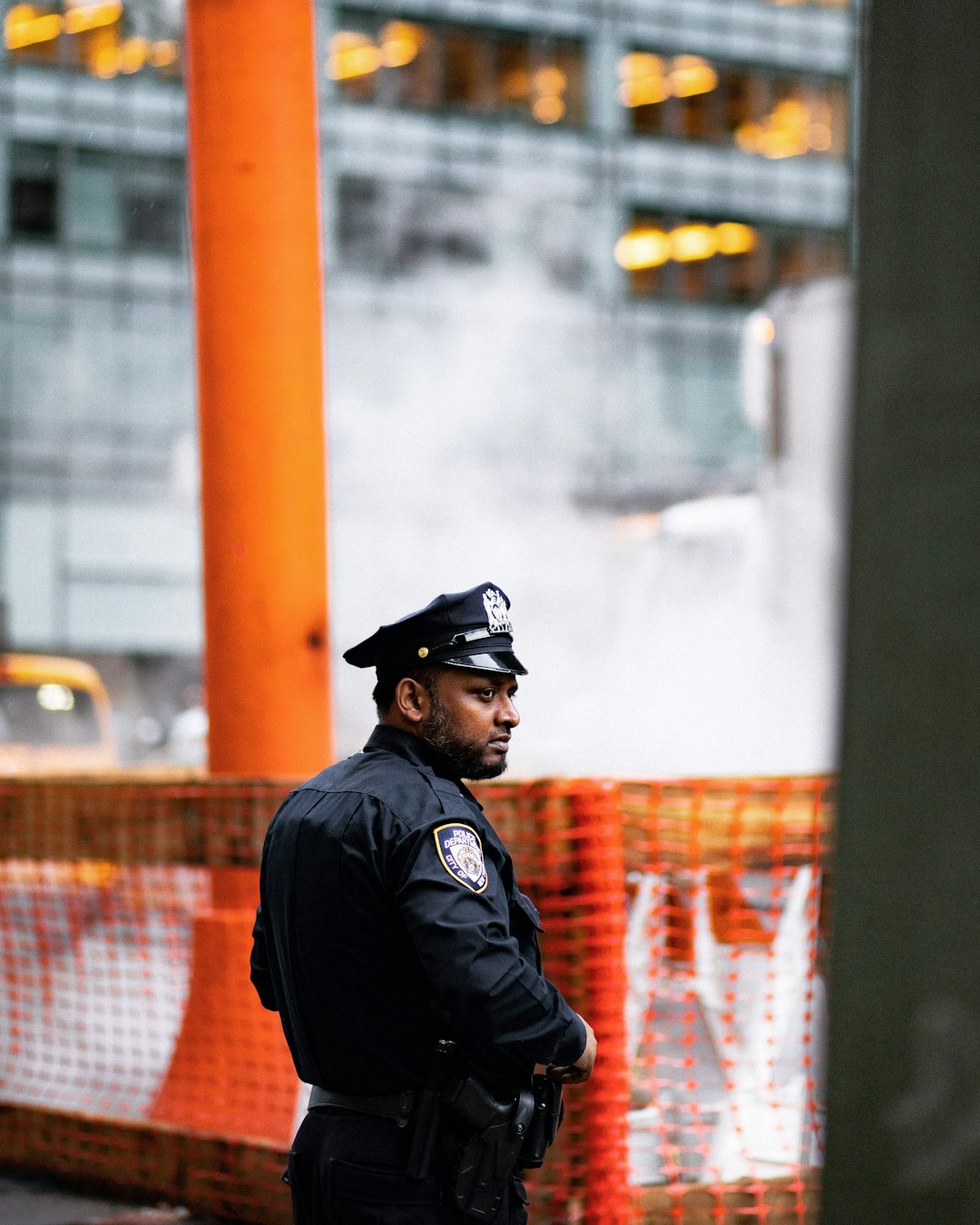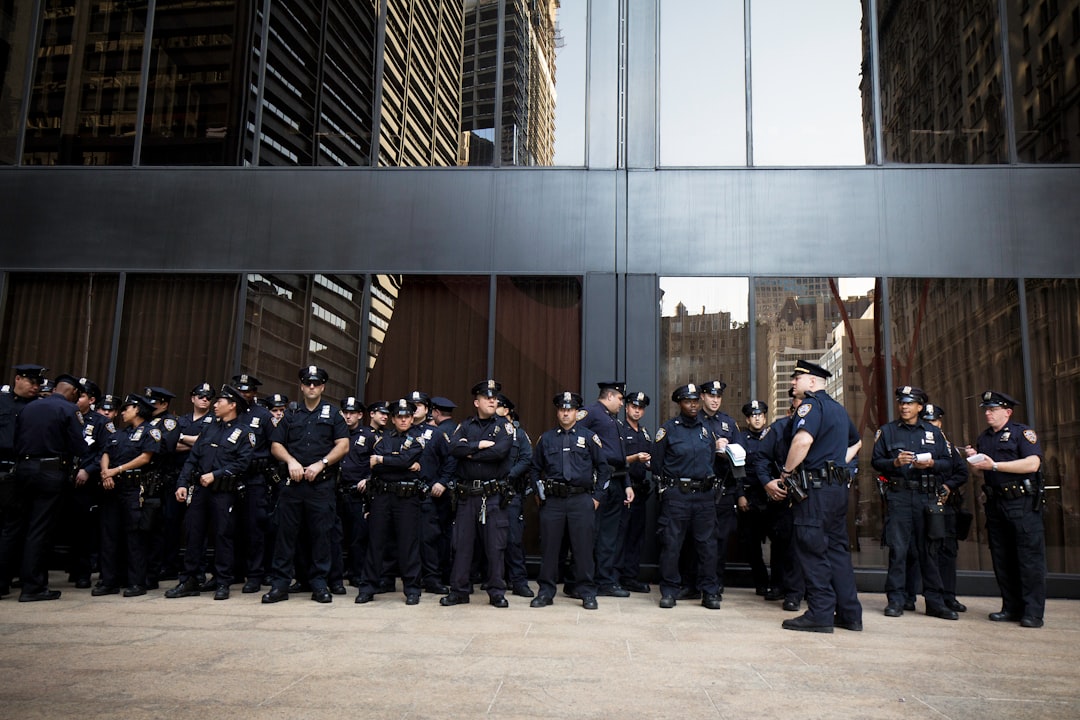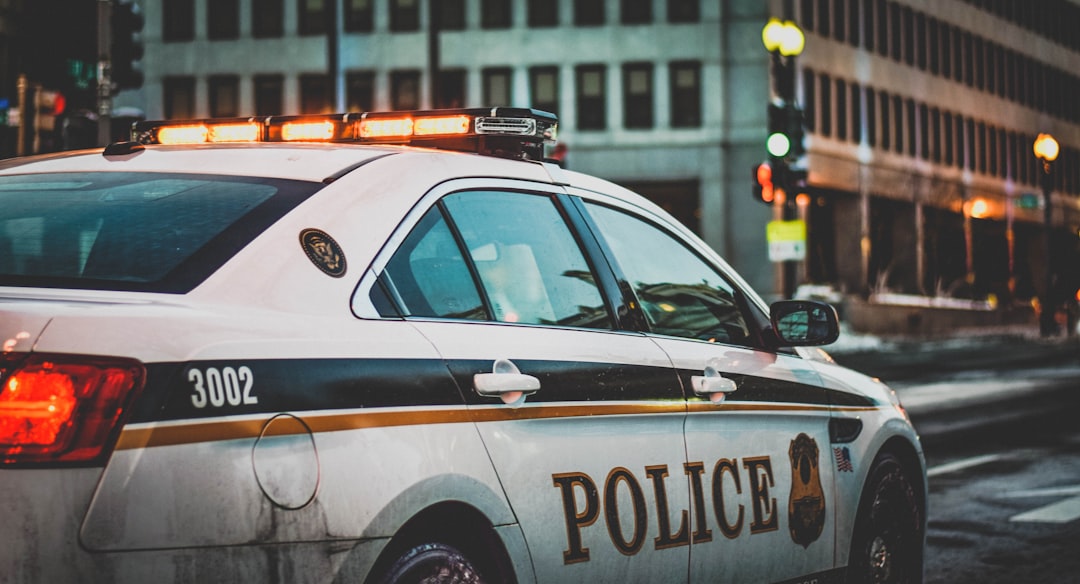
Becoming a police officer is a noble and rewarding career choice for those who want to make a positive impact on their community.
The journey to becoming a police officer, however, can be challenging and requires a significant amount of time and dedication.
In this article, we will discuss the various steps involved in the process of becoming a police officer, including education requirements, the application process, hiring process, completing the Police Academy, and probation period.
So, How Long Will Take To Become A Police Officer
The time it takes to become a police officer varies depending on several factors, including the education requirements, application process, hiring process, Police Academy duration, and probation period.
Here’s a rough breakdown of the timeline:
- Education: Depending on whether you pursue an associate’s or bachelor’s degree, this can take between 2 to 4 years. A high school diploma or GED equivalent may be sufficient for some agencies.
- Application and hiring process: This can take anywhere from a few weeks to several months, depending on the specific steps involved and the agency’s timeline.
- Police Academy: The duration of the Police Academy typically ranges from 12 to 24 weeks.
- Probation period: The probationary period usually lasts from 6 months to 1 year.
Considering these factors, the entire process of becoming a police officer can take anywhere from approximately 1.5 to 6 years.
However, this timeline may vary depending on individual circumstances like your age, agency size, and the specific requirements of the law enforcement agency you are applying to.
Education Requirements for Police Officers
While the specific education requirements for becoming a police officer may vary depending on the jurisdiction, most law enforcement agencies require applicants to possess a high school diploma or GED equivalent.
Some agencies may prefer or require candidates to have an associate’s or bachelor’s degree, particularly in fields such as criminal justice, criminology, or sociology.
In addition to formal education, aspiring police officers should also work on developing essential skills such as communication, critical thinking, and problem-solving, which are crucial for success in the field of law enforcement.
Police Officer Application Process
The application process for becoming a police officer typically begins with submitting an application to the law enforcement agency of your choice. This may include providing personal information, educational background, employment history, and any relevant experience or qualifications. It is essential to be thorough and accurate when completing your application, as any discrepancies may disqualify you from further consideration.
Once your application has been submitted and reviewed, you may be invited to participate in the hiring process, which consists of several stages designed to assess your suitability for a career in law enforcement.
Police Officer Hiring Process
The hiring process for police officers is a comprehensive and multi-step procedure that includes various assessments and evaluations. These stages may vary slightly between different agencies but generally consist of the following:
Written Test
The written test is designed to evaluate your knowledge of basic reading, writing, and arithmetic skills, as well as your ability to understand and apply information relevant to law enforcement. Some agencies may also include a section on situational judgment to assess your decision-making abilities in various scenarios.
Physical Ability Test
The physical ability test (PAT) measures your fitness level and ability to perform the physical tasks required of a police officer. This may include activities such as running, push-ups, sit-ups, and an obstacle course. The specific requirements for passing the PAT will depend on the standards set by the agency you are applying to.
Medical Exam
A medical exam is conducted to ensure that you are in good health and capable of performing the duties of a police officer. This may include tests for vision, hearing, blood pressure, and other general health indicators. Some agencies may also require drug testing as part of the medical examination.
Background Check
A thorough background check is conducted to verify your personal, educational, and employment history, as well as any criminal records or other potentially disqualifying factors. This may involve contacting previous employers, schools, and references, as well as reviewing your credit history and driving record.
Polygraph Test
The polygraph test, often referred to as a lie detector test, is used to assess your honesty and integrity by measuring physiological responses to certain questions. While not always required, some agencies may use the polygraph test as part of their hiring process.
Psychological Screening
A psychological screening is conducted to evaluate your mental and emotional stability and suitability for a career in law enforcement. This may involve a series of written tests, as well as an interview with a psychologist or psychiatrist.
Oral Board Interview
The oral board interview is a panel interview with members of the law enforcement agency, who will ask you a series of questions designed to assess your communication skills, problem-solving abilities, and overall suitability for a career in policing. The interview may also include situational questions or role-playing scenarios to evaluate your decision-making and interpersonal skills.
Completing the Police Academy
Once you have successfully completed the hiring process, you will be required to attend a Police Academy to receive formal training in law enforcement. The duration of the Police Academy varies depending on the jurisdiction but typically ranges from 12 to 24 weeks. During this time, you will learn essential skills and knowledge related to criminal law, patrol procedures, defensive tactics, firearms training, emergency vehicle operations, and more.
Upon completion of the Police Academy, you will graduate as a certified police officer and be eligible to begin your career in law enforcement.
Probation Period
After graduating from the Police Academy, new police officers typically enter a probationary period lasting anywhere from six months to a year. During this time, you will work under the supervision of a Field Training Officer (FTO), who will provide guidance, mentorship, and continuous evaluation of your performance. This on-the-job training period is crucial in helping you develop the practical skills and experience necessary to become a competent and effective police officer.
Final Thoughts
Becoming a police officer is a challenging and demanding process that requires a significant amount of time, effort, and dedication.
From meeting the education requirements and navigating the application process to completing the Police Academy and probation period, aspiring police officers must be prepared to invest in their training and personal development.
With determination and commitment, however, the rewards of a career in law enforcement can be truly fulfilling and life-changing.
FAQS
What are the minimum qualifications to become a police officer?
To become a police officer, you must typically have a high school diploma or GED equivalent, be at least 18 or 21 years old (depending on the jurisdiction), possess a valid driver’s license, and meet the physical fitness requirements set by the agency. Some departments may also require or prefer candidates with an associate’s or bachelor’s degree.
Do I need a college degree to become a police officer?
While a college degree is not always required, some law enforcement agencies prefer or require applicants to have an associate’s or bachelor’s degree, particularly in fields such as criminal justice, criminology, or sociology.
Can I become a police officer with a criminal record?
Having a criminal record can potentially disqualify you from becoming a police officer. However, the specific circumstances and the nature of the offense will be taken into consideration. Minor offenses may not necessarily disqualify you, but serious crimes or a pattern of criminal behavior likely will.
How do I find out about job openings for police officers?
You can find information about job openings for police officers by visiting the websites of local law enforcement agencies, checking online job boards, or contacting your local police department directly.
What should I expect during the police officer hiring process?
The hiring process for police officers typically includes several stages, such as a written test, physical ability test, medical exam, background check, polygraph test (if applicable), psychological screening, and oral board interview.
Can I choose my work location as a police officer?
Your work location as a police officer will depend on the needs of the law enforcement agency you are employed by. While you may have some input regarding your preference, it is ultimately up to the agency to assign you to a specific location or division.
How much do police officers make?
The salary of a police officer varies depending on factors such as location, years of experience, and rank. According to the U.S. Bureau of Labor Statistics, as of May 2020, the median annual wage for police and sheriff’s patrol officers was $65,540.
What are the working hours for a police officer?
Police officers typically work full-time, with rotating shifts that can include nights, weekends, and holidays. Some officers may also be required to work overtime or be on call for emergencies.
Can I become a police officer if I have a medical condition?
Whether you can become a police officer with a medical condition depends on the nature of the condition and its potential impact on your ability to perform the duties required of a police officer. Each case is evaluated individually, and you may need to undergo a medical examination to determine your eligibility.
What are some common challenges faced by police officers?
Police officers often face various challenges in their line of work, such as dealing with dangerous or high-stress situations, working long hours and rotating shifts, coping with public scrutiny, and maintaining physical fitness and mental resilience.







